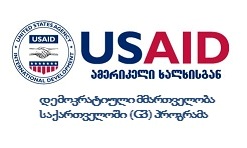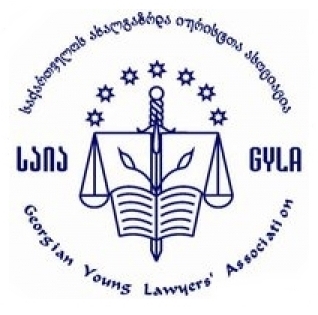


The Practice of Proactive Disclosure and Electronic Request of Public Information in State Agencies
Within the auspices of the project, conducted during the period of September-October 2014 IDFI researched to what extent 133 public entities fulfilled their obligation deriving from The Decree on the Electronic Request and Proactive Disclosure of Public Information.
The study revealed that:
- 35 public entities have either not developed public information web-page or failed to upload data on the web-page set up exclusively for the purpose of proactively disclosing public information (among the public entities the Penitentiary Department, as well as the National Agency for Cultural Heritage Preservation of Georgia can me mentioned);
- The four public entities, out of the monitored 98, which were assessed to have the highest possible 100% rating of proactively disclosing public information were: The Administration of the Government of Georgia, the Ministry of Education and Science and the Ministry of Energy.
- Out of the monitored 98 public entities, 20 were assessed to have the 50% rating of proactively disclosing information. Inter alia the State Service Agency and the Investigation Department of the Ministry of Finance both having the rating of 21%, as well as the Government Office of Autonomous Republic of Adjara with the rating of 48% can be highlighted here.
- Agencies are prone to proactively disclose only the information falling within the auspices of the Government Decree. This practice does not meet the international standard of open governance and accountability.
Within the auspices of another research, the practice of the states assessed by the UN to have the highest index of e-information and e-governance was studied (Italy, Australia, Canda); The recommendations for the government of Georgia were developed based on the best international practices of proactively disclosing public information.
Meeting the Obligation to Disclose Public Information by the Public Entities
The research enshrines data received from 17 public entities and covers the period of January the 1st, 2013 to August the 31st 2014. Precisely, the practice of responding to the FOI requests implemented by the Parliament of Georgia, the Ministries as well as by the Supreme Court of Georgia was assessed;
- Public entities studied during the research period, mostly responded to the FOI within the time limits set by the law (Nevertheless this does in no case imply the complete character of the responses).
- Based on the practice implemented by the 17 public entities, practice of giving complete responses to the FOI requests is high.
- Taking into consideration the overall statistics of requesting public information, it can be concluded that the instances of e-requests of public information is quite few;
- Based on the practice of the 17 public entities, it is obvious that during the research period the highest request was on the information related to the vacations, appointments and unlawful dismissals of the employees;
At the same time it should be emphasized that, the Ministry of Culture and Monument Protection and Ministry of Internal Affairs failed to respond to the FOI requests during the research period. Moreover, the Ministry of Justice and the Ministry of Finance released information with the delay, hence the information is not included in the research. It should also be highlighted that the Supreme Court of Georgia released only the statistical information of general character.





